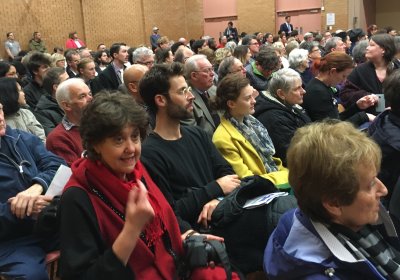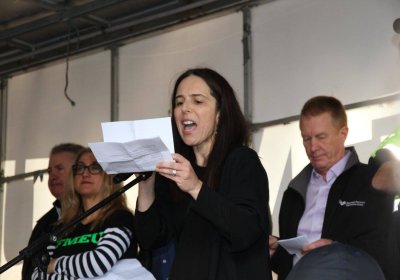In no breast did the prodigious financial corruption of world football’s administrative elite beat more vigorously than that of Chuck Blazer, the head of football in the North and Central American and Caribbean regional body.
Chuck was not called American soccer’s “Mr Big” for nothing. His bottomless appetite for high-calorie nosh gave him a gargantuan girth, which was matched financially in size by his tax-sheltered bank accounts. These bulged with millions of dollars received through fraud, embezzlement, bribes, perks, gifts and inducements.
Not only could he afford to rent an entire floor of luxury apartments in the prestigious Trump Tower in Manhattan, but he preserved one of them solely for the use of his cats.










